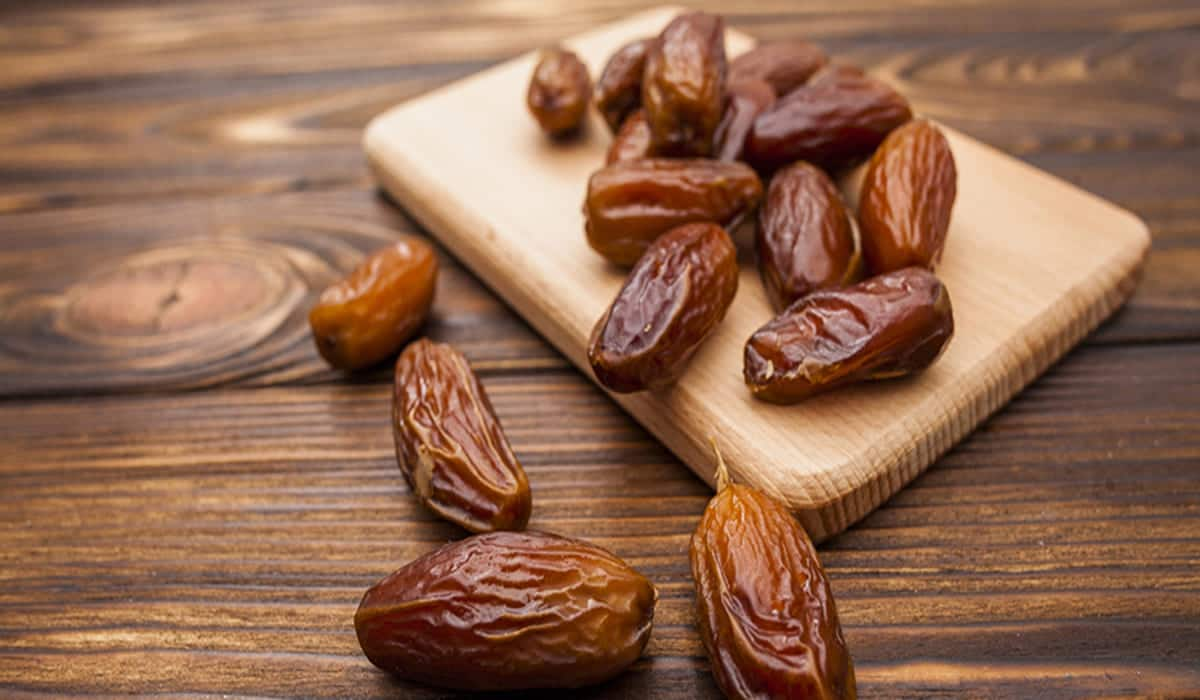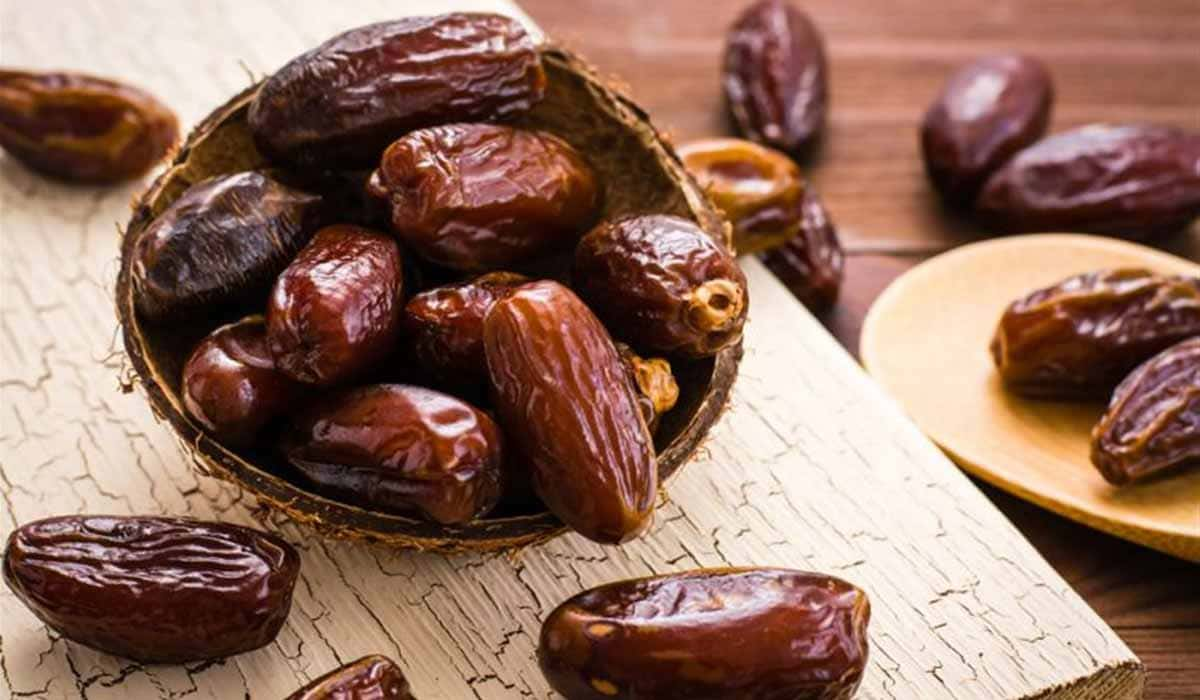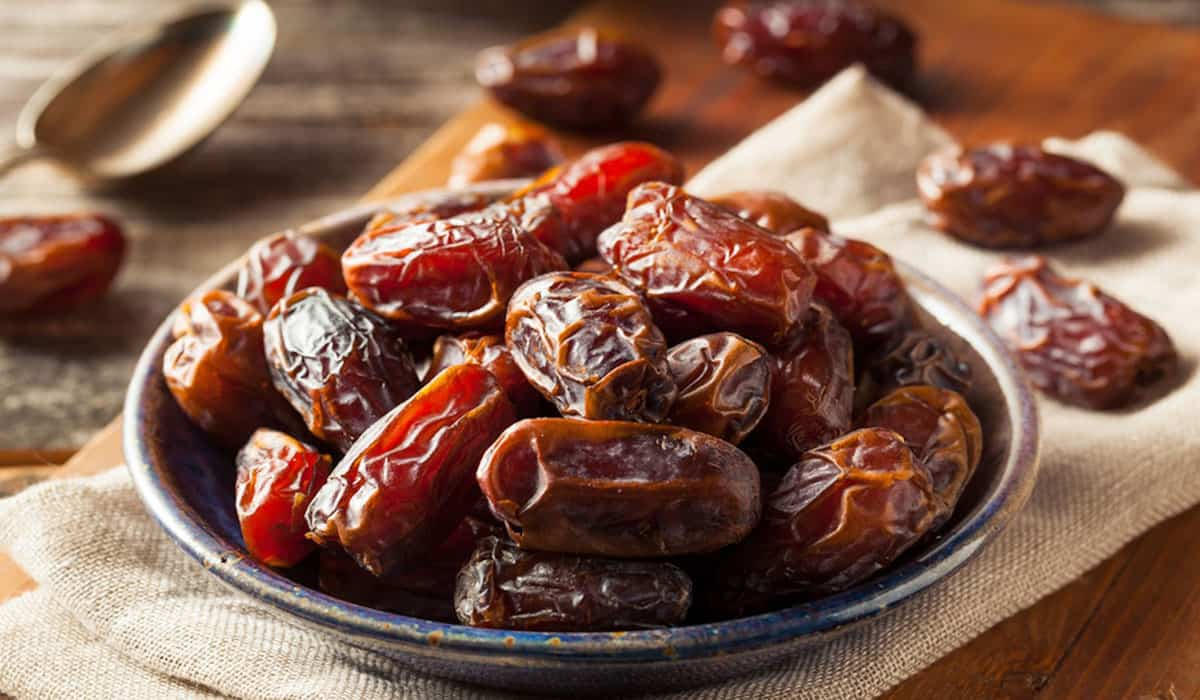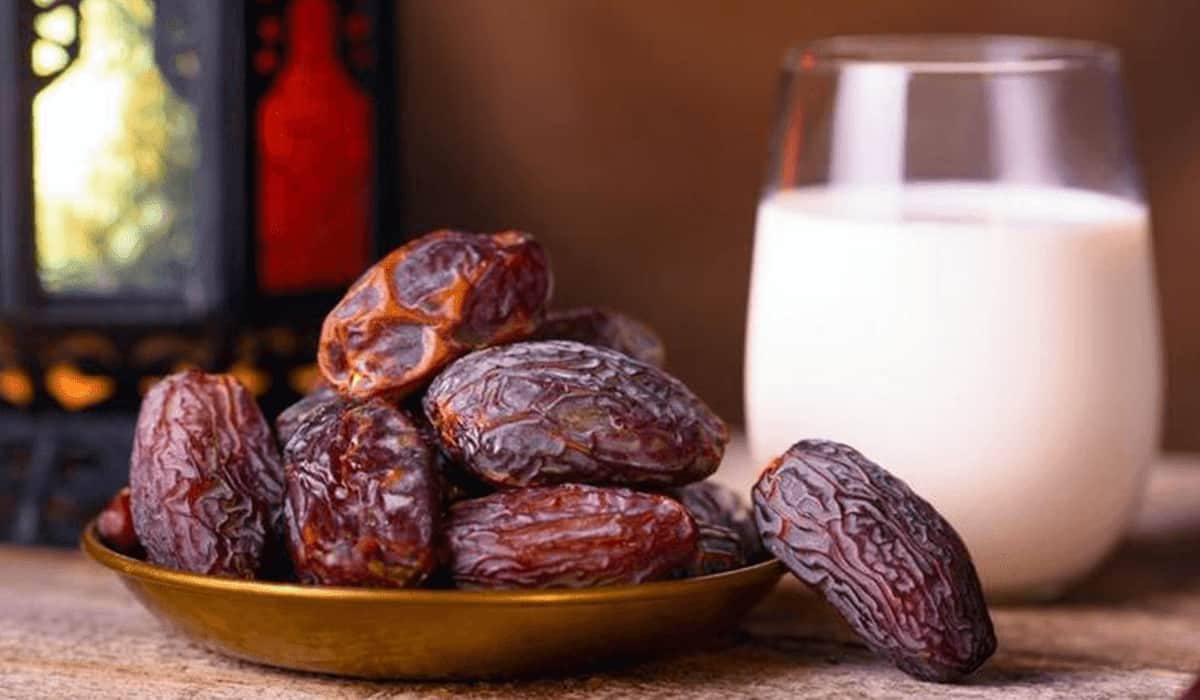Dates exclusively Medjool dates in their super jumbo size were formerly exclusive to Arabia's royal palaces' dinner tables. People who enjoy snacks and desserts all over the world are gradually becoming enamored with these magnificent dates, which have a flavor that is very similar to candy. The Medjool premium dates are selected at the height of ripeness, naturally sun-cured, then quickly chilled to maintain their moisture and freshness. Super Jumbo Medjool Premium Dates not only satisfy but also go above and beyond the specifications set forth by the BRC and Global Gap International. The Medjool date is a succulent and delectable date species that is soft and juicy. The Medjool date, commonly known as the King of Dates because of its gigantic size and mouthwatering flavor, is native to Morocco. It has an elongated appearance and weighs between 16 and 35 grams. It is available throughout the year and has tones ranging from light to deep mahogany brown. The Medjool date is frequently consumed as a dessert, as a snack, in baking, and when packed with walnuts. The intrinsic sweetness that the Medjool species of dates imparts to meals makes them highly coveted. They are larger, darker, and have a taste that is closer to caramel than other common types like Deglet Noor.  They are under the category of tropical stone fruits and have a solitary pit in the middle of the surrounding edible flesh. The date palm tree, formally known as Phoenix dactylifera, is the source of Medjool dates, which were first cultivated in Morocco and are now produced in warm areas of the United States, the Middle East, South Asia, and Africa. Because they are frequently sold dry and not dehydrated, they have a tacky and sticky consistency. The sugars in them concentrate when they dry, adding to an even larger increase in sweetness. You may find all the information you need on this page about the benefits, dietary makeup, and potential uses of Medjool dates. The naturally occurring sugars are concentrated in dates at a very high level. According to the results of a single short study, dates have a low glycemic index (GI), which suggests that consuming them shouldn't cause noticeable increases in blood sugar. But those who closely check their blood sugar levels might need to restrict the amount of dates they eat. However, a modest amount of Medjool dates contains a considerable amount of calories. As a result, you might want to think about limiting how much you eat. One serving of dried fruits, which also includes prunes, raisins, and dried apricots, will give you a greater calorie total because they are lower in water than their fresh counterparts.
They are under the category of tropical stone fruits and have a solitary pit in the middle of the surrounding edible flesh. The date palm tree, formally known as Phoenix dactylifera, is the source of Medjool dates, which were first cultivated in Morocco and are now produced in warm areas of the United States, the Middle East, South Asia, and Africa. Because they are frequently sold dry and not dehydrated, they have a tacky and sticky consistency. The sugars in them concentrate when they dry, adding to an even larger increase in sweetness. You may find all the information you need on this page about the benefits, dietary makeup, and potential uses of Medjool dates. The naturally occurring sugars are concentrated in dates at a very high level. According to the results of a single short study, dates have a low glycemic index (GI), which suggests that consuming them shouldn't cause noticeable increases in blood sugar. But those who closely check their blood sugar levels might need to restrict the amount of dates they eat. However, a modest amount of Medjool dates contains a considerable amount of calories. As a result, you might want to think about limiting how much you eat. One serving of dried fruits, which also includes prunes, raisins, and dried apricots, will give you a greater calorie total because they are lower in water than their fresh counterparts.  The majority of the calories in these dates come from the sugars in the Medjool dates. The Medjool kind of dates contain antioxidants and fiber, both of which may help to protect your heart. Fiber can help lower your risk of heart disease by preserving the health of your arteries and lowering your levels of LDL cholesterol (the "bad" cholesterol). Two dates have over three grams of fiber each (48 grams). According to a test tube study, Medjool dates and other types of dates reduce LDL cholesterol, also referred to as "bad cholesterol," and prevent the formation of plaque in arteries. Plaque accumulation eventually can stop blood flow, which can cause a heart attack or stroke. The Medjool variety of dates are a great source of antioxidants, which are chemicals that aid in defending the body against harm that can be done by unstable molecules known as free radicals. Their phenolic acid antioxidants as well as their carotenoid antioxidants have both been studied for their favorable effects on heart health. Without fiber, it is impossible to maintain a healthy digestive tract and regular bowel motions. Constipation can be avoided by including enough fiber in your diet, which actually assists with stool creation. A sufficient fiber intake may also help reduce the incidence of digestive diseases like colorectal cancer. In a three-week experiment, 21 volunteers ate seven dates daily for a total of 168 grams. The number of times the individuals visited the restroom after eating the dates increased noticeably.
The majority of the calories in these dates come from the sugars in the Medjool dates. The Medjool kind of dates contain antioxidants and fiber, both of which may help to protect your heart. Fiber can help lower your risk of heart disease by preserving the health of your arteries and lowering your levels of LDL cholesterol (the "bad" cholesterol). Two dates have over three grams of fiber each (48 grams). According to a test tube study, Medjool dates and other types of dates reduce LDL cholesterol, also referred to as "bad cholesterol," and prevent the formation of plaque in arteries. Plaque accumulation eventually can stop blood flow, which can cause a heart attack or stroke. The Medjool variety of dates are a great source of antioxidants, which are chemicals that aid in defending the body against harm that can be done by unstable molecules known as free radicals. Their phenolic acid antioxidants as well as their carotenoid antioxidants have both been studied for their favorable effects on heart health. Without fiber, it is impossible to maintain a healthy digestive tract and regular bowel motions. Constipation can be avoided by including enough fiber in your diet, which actually assists with stool creation. A sufficient fiber intake may also help reduce the incidence of digestive diseases like colorectal cancer. In a three-week experiment, 21 volunteers ate seven dates daily for a total of 168 grams. The number of times the individuals visited the restroom after eating the dates increased noticeably.  The Medjool variety of dates has a number of antioxidants that aid in preventing oxidative cell damage that can result in diseases including cancer, cardiovascular disease, and brain issues. The bioactive substances present in Medjool dates include flavonoids, carotenoids, and phenolic acids. The potential anti-inflammatory, anti-cancer, and brain-protective benefits of these substances have been researched. According to the results of one study on dried fruit, dates contain the highest level of antioxidants when compared to figs and prunes. Medjool dates are available all year long in almost every supermarket store. They are typically sold alongside other uncooked or dehydrated foods. Some Medjool dates already have the pits removed, but if you purchase any that do not, you must remove the pits before eating the dates. Simply cut the date in half along its length, then pull the pit out. These dried fruits are sweet because they contain fructose, a sort of natural sugar. They therefore make a great alternative to sugar. Date paste can be created by combining 2 cups (480 grams) of pitted dates with 1 1/4 cups (300 ml) of water.
The Medjool variety of dates has a number of antioxidants that aid in preventing oxidative cell damage that can result in diseases including cancer, cardiovascular disease, and brain issues. The bioactive substances present in Medjool dates include flavonoids, carotenoids, and phenolic acids. The potential anti-inflammatory, anti-cancer, and brain-protective benefits of these substances have been researched. According to the results of one study on dried fruit, dates contain the highest level of antioxidants when compared to figs and prunes. Medjool dates are available all year long in almost every supermarket store. They are typically sold alongside other uncooked or dehydrated foods. Some Medjool dates already have the pits removed, but if you purchase any that do not, you must remove the pits before eating the dates. Simply cut the date in half along its length, then pull the pit out. These dried fruits are sweet because they contain fructose, a sort of natural sugar. They therefore make a great alternative to sugar. Date paste can be created by combining 2 cups (480 grams) of pitted dates with 1 1/4 cups (300 ml) of water.  Making a date paste is necessary before using Medjool dates as a sugar replacement. This wonderful fruit can also be finely chopped in a food processor and added to no-bake desserts like pie crusts, energy balls, and fruit-and-chocolate bars. It can also be blended into smoothies, sauces, and dressings. Additionally, you can load uncooked Medjool dates with ingredients like cheese, nuts, peanut butter, or even cooked grains like rice. You can consume dates either raw or cooked. To keep your dates fresh, store them somewhere cool and dry, such as the pantry or the refrigerator. To assist them to maintain their moisture, put them in a container that can be sealed.
Making a date paste is necessary before using Medjool dates as a sugar replacement. This wonderful fruit can also be finely chopped in a food processor and added to no-bake desserts like pie crusts, energy balls, and fruit-and-chocolate bars. It can also be blended into smoothies, sauces, and dressings. Additionally, you can load uncooked Medjool dates with ingredients like cheese, nuts, peanut butter, or even cooked grains like rice. You can consume dates either raw or cooked. To keep your dates fresh, store them somewhere cool and dry, such as the pantry or the refrigerator. To assist them to maintain their moisture, put them in a container that can be sealed.
💰 Tenfold your income 💎
